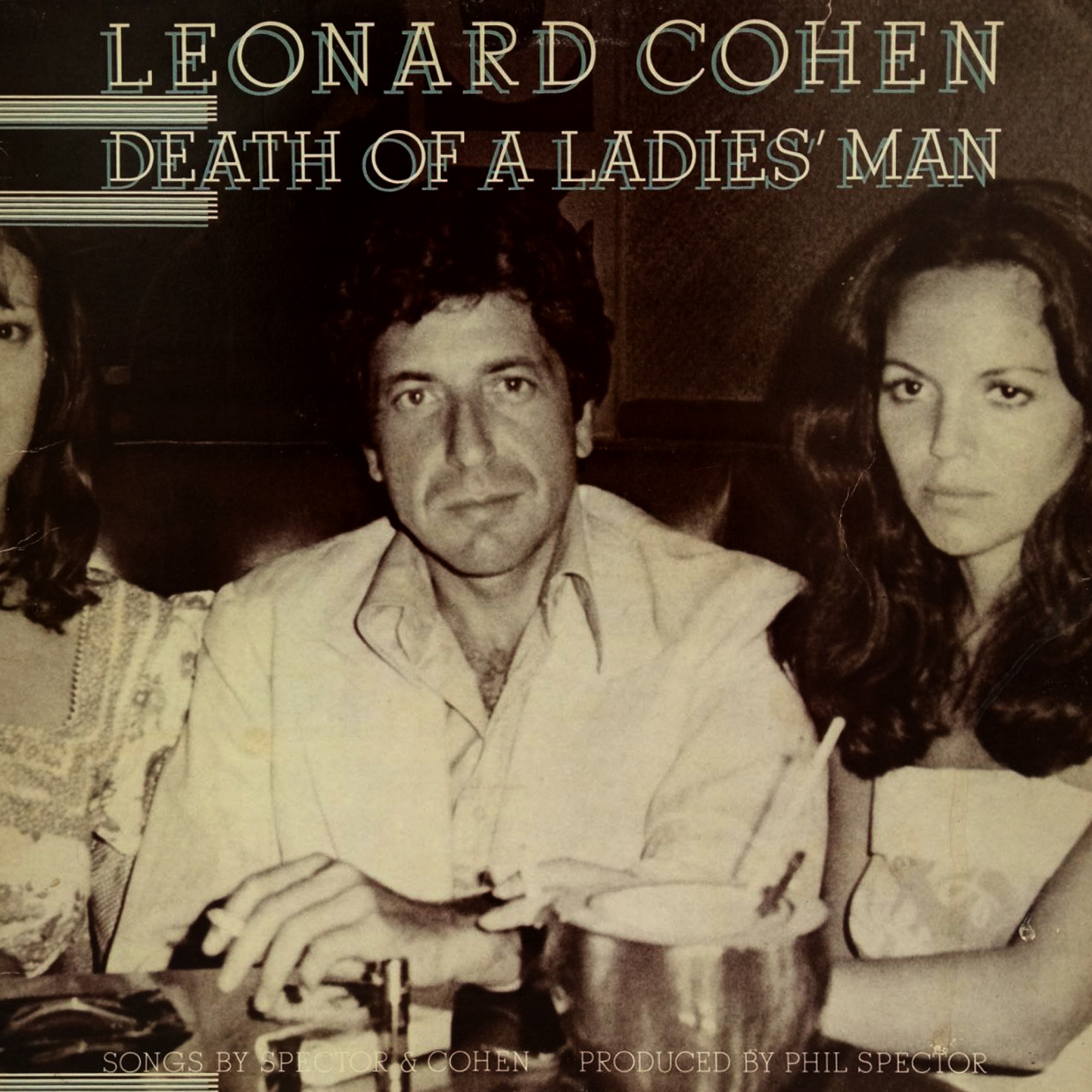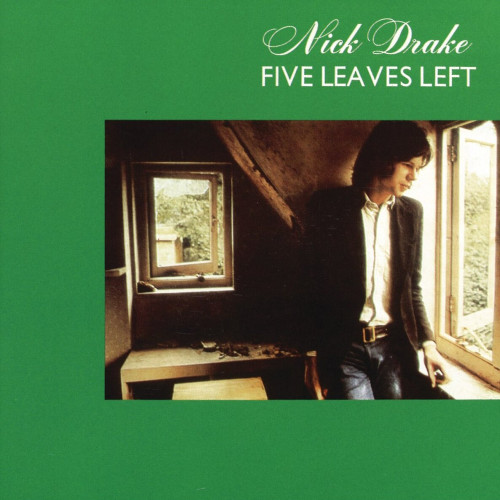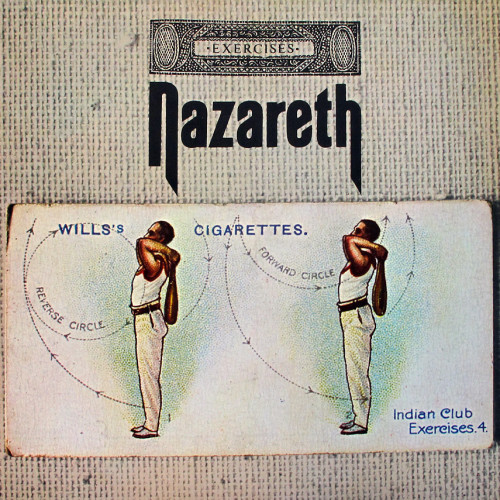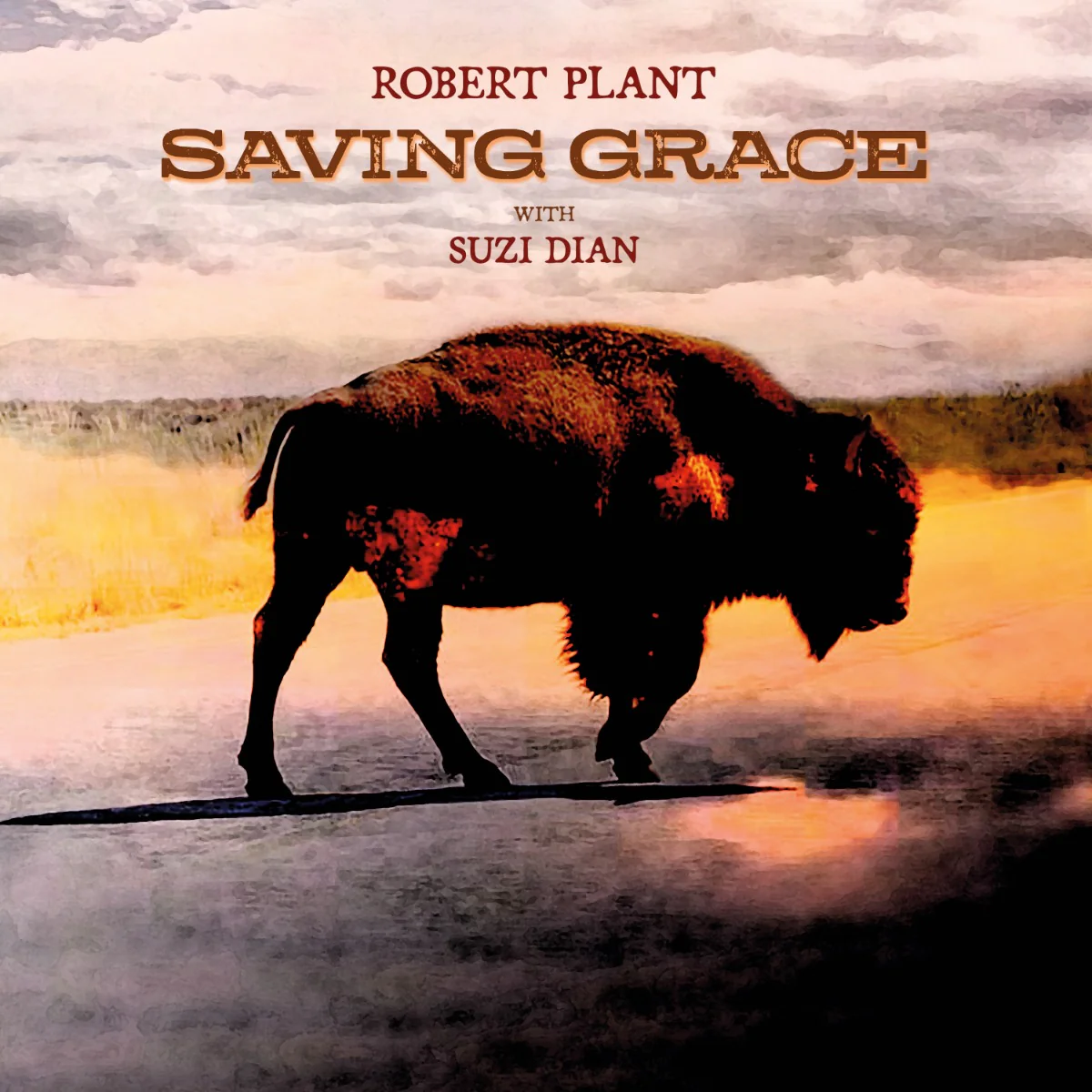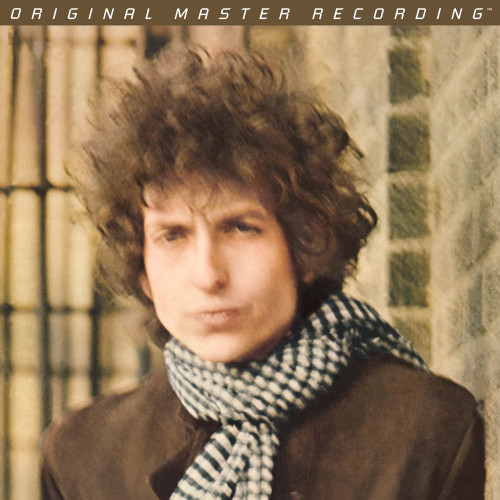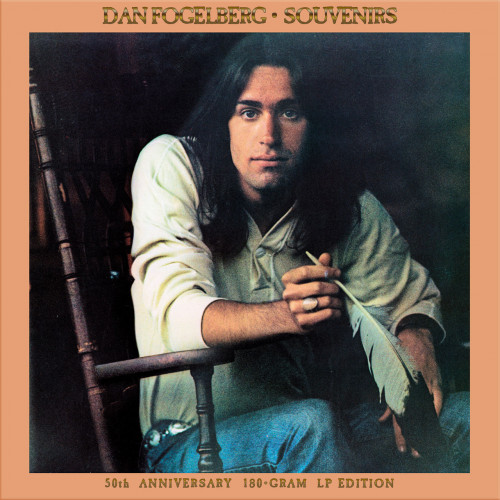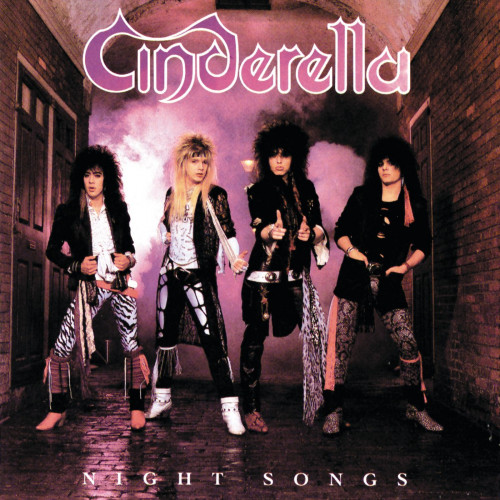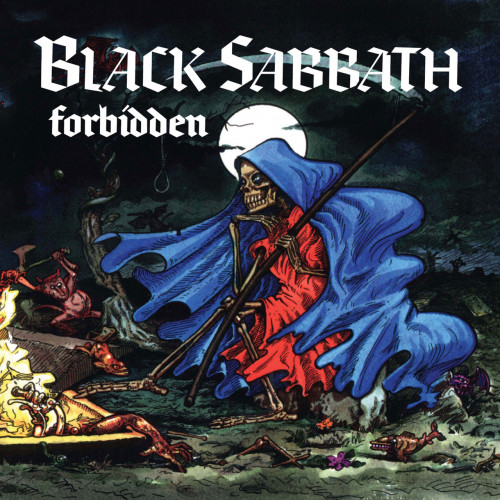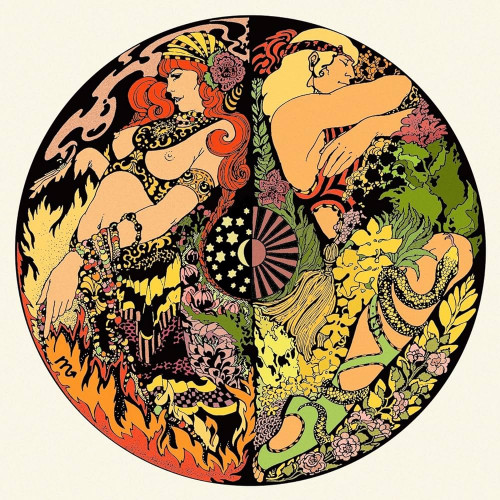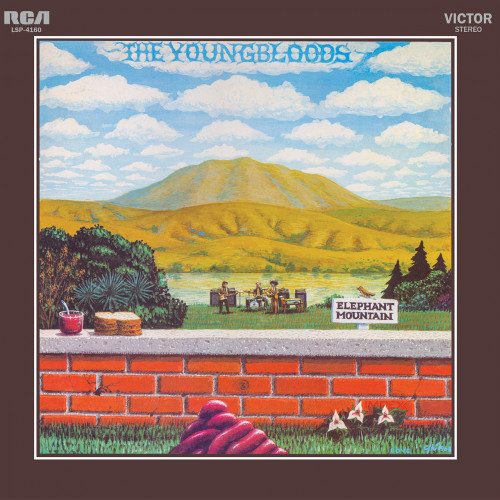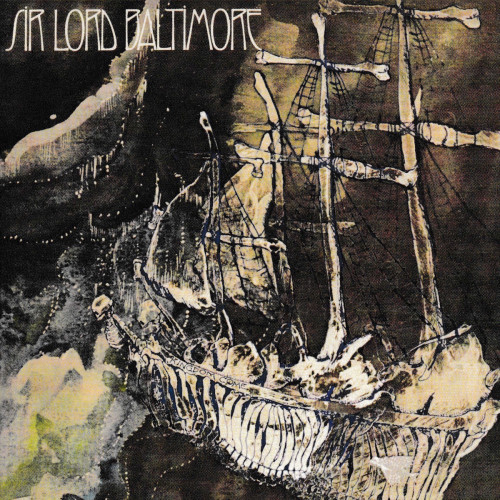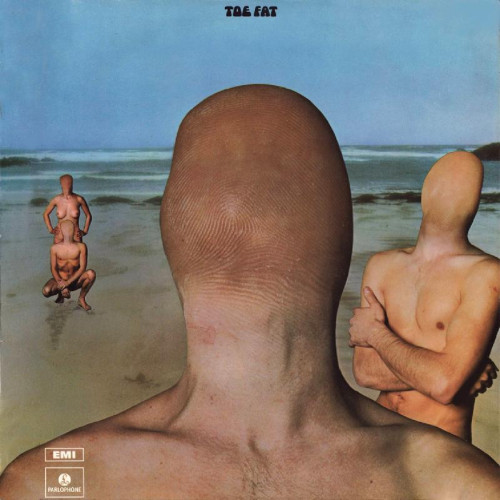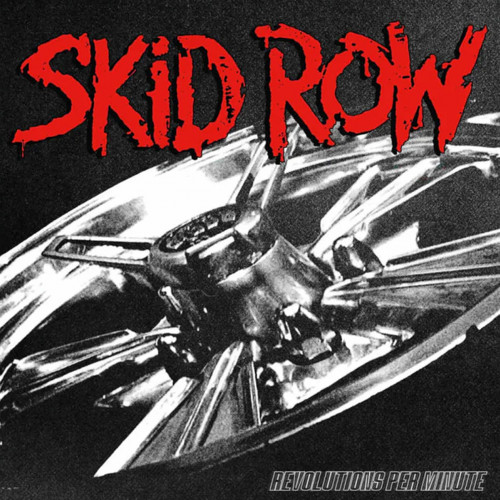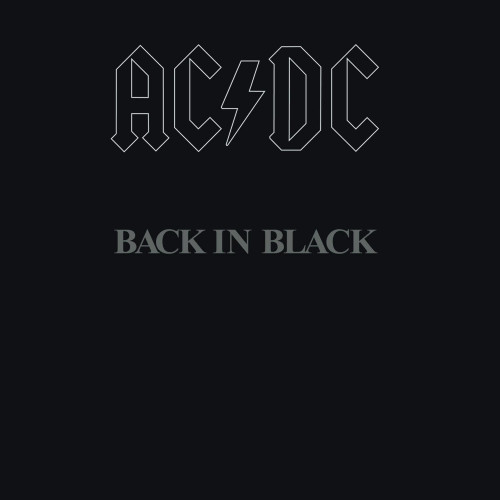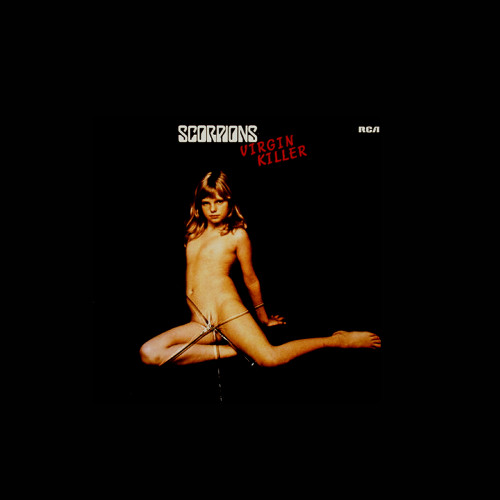Certainly, Cohen fans were absolutely taken aback by the widescreen wash that accompanied their idol's customary tones, and many hastened to complain about the almost unbridled sexuality and brutal voyeurism that replaced Cohen's traditionally lighter touch -- as if the man who once rhymed "unmade bed" with "giving me head" was any stranger whatsoever to explicitness. It is also true that a cursory listen to the album suggests that the whole thing was simply a ragbag of crazy notions thrown into the air to see where they landed.
Pay attention, however, and it quickly makes sense. The brawling "Memories" bowls along, an echo-laden vaudeville drinking song that invites everyone who hears it to join in with the so-perfectly timed refrain of "won't you let me see...your naked body." "Iodine," meanwhile, swings on one of Nino Tempo's most seductive rhythm arrangements, while Steve Douglas' sax squalls behind Cohen and co-singer Ronee Blakley's rambunctious duet; and anybody looking for a dance smash to sidle wholly out of left field could turn to "Don't Go Home with Your Hard-On," a number that not only captured an almost irresistible funk edge, but also roped Bob Dylan and Allen Ginsberg into its rambunctious backing chorus.
Cohen himself has never been happy with the record -- Spector's mix, he complained, stripped "the guts out of the record," but when he suggested the producer have another go, his entreaties were ignored. Finally agreeing to write the album off as "an experiment that failed" and trust that his fans would be able to pick out its "real energizing capacities," Cohen allowed it to be released as Spector left it -- and then effectively retired for the next five years. His judgment, and that most commonly passed down by rock history, has not been borne out by time. Alongside Songs of Love and Hate, Death of a Ladies' Man represents the peak of Cohen's first decade or so as a recording artist, both lyrically and stylistically stepping into wholly untapped musical directions -- and certainly setting the stage for the larger scale productions that would mark out his music following his return. It might even be his masterpiece.
Dave Thompson - allmusic.com
